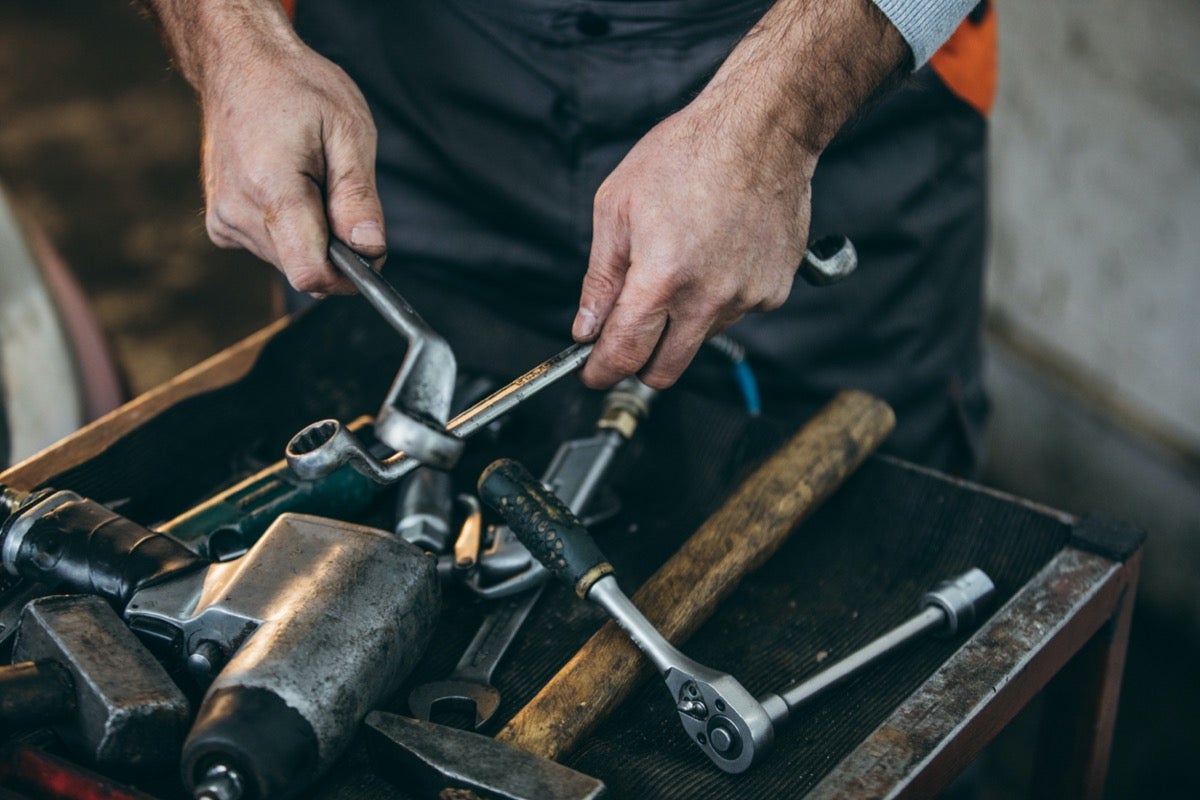

Articles
Where To.Get Rid Of Unwanted Hand Tools
Modified: August 16, 2024
Looking to get rid of unwanted hand tools? Read our informative articles for tips on how to properly dispose of them and find recycling centers near you.
(Many of the links in this article redirect to a specific reviewed product. Your purchase of these products through affiliate links helps to generate commission for Storables.com, at no extra cost. Learn more)
Introduction
Hand tools are a common item found in many households, workshops, and garages. However, over time, these tools can accumulate and take up valuable space. If you find yourself with unwanted hand tools, you may be wondering where to dispose of them responsibly. Fortunately, there are several options available to ensure your unwanted tools find new homes where they can be put to good use.
In this article, we will explore different avenues for getting rid of unwanted hand tools. Whether you want to donate them to a charitable cause or recycle them in an environmentally friendly manner, we will provide you with a variety of options to choose from. Let’s dive in!
Key Takeaways:
- Donating unwanted hand tools to local charity centers or online platforms not only declutters your space but also supports those in need and promotes sustainability.
- Consider repurposing and upcycling unwanted hand tools to give them a new life and add a unique touch to your home or garden, reducing waste creatively.
Read more: Where To Get Antique Hand Tools
Local Donation Centers
One of the best ways to get rid of unwanted hand tools is by donating them to local donation centers. These centers often accept various household items, including tools, and redistribute them to those in need.
Start by researching local charities or community organizations in your area. Many of them have donation centers where you can drop off your unwanted hand tools. Examples of such organizations include Goodwill, Salvation Army, Habitat for Humanity, and local homeless shelters. These organizations often have programs that provide tools and resources to individuals who may be transitioning into new homes or starting a vocational training program.
When donating to these centers, it is important to ensure that the tools are in usable condition. Check for any damage or missing parts and make sure they are clean. Most donation centers have guidelines on what they accept, so it is worth contacting them beforehand to confirm their requirements.
By donating your hand tools to local charity centers, not only are you decluttering your space, but you are also supporting a worthy cause and helping others in need.
Charity Organizations
In addition to local donation centers, there are various charity organizations that specifically focus on collecting and distributing tools to those in need. These organizations often have specific programs aimed at helping individuals who are starting vocational training or are involved in community projects.
One such organization is Tools for Self-Reliance, which operates in the United Kingdom. They collect unwanted tools, refurbish them, and send them to a network of partner organizations in Africa. These tools help individuals and communities develop sustainable livelihoods by enabling them to learn new skills and start their own businesses.
Another example is Operation Breakthrough, a nonprofit organization in the United States. They accept hand tool donations and provide these tools to at-risk youth and young adults who are working towards building a better future. These tools give them the opportunity to develop valuable trade skills and gain employment.
When donating to charity organizations, it is crucial to research and find reputable ones with proven track records. Look for organizations that align with your values and have a transparent process for distributing the tools to those in need.
Donating to charity organizations not only helps individuals and communities but also ensures that your unwanted hand tools are put to good use and have a positive impact on someone’s life.
Online Platforms for Tool Donations
With the rise of technology and connectivity, online platforms have become an increasingly popular option for donating and finding second-hand items, including hand tools. These platforms provide a convenient way to connect individuals looking to declutter their tool collection with those in need of tools.
One well-known online platform for tool donations is Freecycle. Freecycle is a global network that allows people to give away unwanted items for free. You can post your unwanted hand tools on the platform, and interested individuals in your local community can contact you to arrange for pick-up or delivery. Not only does this platform help you find a new home for your tools, but it also promotes the concept of reuse and reduces waste.
Another popular platform is Craigslist, where you can list your tools for sale or for free in the “For Sale” or “Free” sections. Many individuals and organizations actively search these listings for tools they need. Ensure you include clear descriptions and photos of the tools to attract potential recipients.
In addition to these platforms, consider checking if there are any local Facebook groups or online forums dedicated to tool exchanges or donations in your area. These groups can provide a more targeted and localized audience for your tool donations.
When using online platforms, it is essential to prioritize safety. Be cautious of potential scams or fraudulent activities. Consider meeting in a public place or arranging for safe pick-up or drop-off locations to protect yourself and the recipient.
Utilizing online platforms for tool donations expands your reach, allowing you to connect with individuals who may be in need of the tools you no longer require.
Community Tool Libraries
If you want your unwanted hand tools to be accessible to your local community, consider donating them to a community tool library. Community tool libraries are similar to traditional libraries, but instead of books, they lend out tools to community members for various projects.
These tool libraries provide individuals who may not have the resources or space to own their own tools with access to a wide range of tools. This allows them to undertake DIY projects, repairs, or maintenance without the need to purchase expensive tools.
Research if there are any community tool libraries in your area. Many cities and neighborhoods have started such initiatives to promote sustainability and community sharing. Contact these organizations to find out if they accept tool donations and what their process is for accepting and lending out tools.
When donating to a community tool library, ensure that the tools are in good working condition. Clean them thoroughly and organize them so that they are easy for others to use and find. Additionally, consider including any user manuals or instructions that may accompany the tools.
By donating your hand tools to a community tool library, you are not only providing a valuable resource to your community but also promoting sustainability and collaboration.
Consider donating unwanted hand tools to local vocational schools, community centers, or non-profit organizations that provide training and support to individuals in need. This can help others while also decluttering your space.
Read more: Where Are Makita Hand Tools Made
Recycling Centers
When hand tools are no longer usable or repairable, recycling them is an environmentally responsible option. Recycling centers can help you dispose of your unwanted tools in a way that reduces waste and ensures that valuable materials are reused or repurposed.
Start by researching local recycling centers or facilities that accept metal and electronic waste. These centers often have specialized processes for recycling different types of materials found in hand tools.
For example, metal tools such as wrenches, hammers, and screwdrivers can be recycled for their metal content. Many recycling centers accept scrap metal and can process it for reuse in the manufacturing of new products.
Electronic tools, such as power drills or corded tools, typically contain various electronic components that can be recycled separately. These components can be recovered and reused in the production of new electronic devices.
When preparing your tools for recycling, ensure that any batteries or hazardous materials are removed and disposed of properly. Follow any specific guidelines provided by the recycling center to ensure a smooth and efficient recycling process.
Recycling centers play a crucial role in reducing the environmental impact of discarded hand tools. By choosing to recycle your tools, you contribute to the conservation of natural resources and the reduction of landfill waste.
Garage Sales and Swap Meets
If you’re looking to declutter your hand tool collection and potentially make some extra money, participating in garage sales or swap meets can be a fantastic option. These events provide an opportunity to sell your unwanted tools directly to individuals who may be interested in purchasing them.
Organize a garage sale at your home or participate in a local swap meet where people gather to buy, sell, or trade various items. Advertise your sale or participation in advance through local community boards, online classifieds, or social media platforms to attract potential buyers.
Prior to the event, take the time to clean and organize your hand tools, ensuring they are presented in an appealing manner. Display them on a table or hang them on a pegboard to make them easily visible and accessible to potential buyers.
Price your tools reasonably based on their condition, age, and market value. Consider offering deals for purchasing multiple tools or bundling them together. Be prepared to negotiate with buyers and have a plan for accepting payments, whether it’s cash, mobile payment apps, or card readers.
Participating in garage sales or swap meets not only helps you get rid of unwanted tools but also provides an opportunity to connect with fellow tool enthusiasts and potentially make some money in the process.
Trade-In Programs
If you’re looking to upgrade your hand tools or switch to newer models, consider taking advantage of trade-in programs offered by various retailers or manufacturers. Trade-in programs allow you to exchange your old or unwanted tools for credit towards the purchase of new ones.
Research local hardware stores, home improvement centers, or online retailers that offer trade-in programs for hand tools. These programs may have specific guidelines or restrictions, so it’s important to understand the terms and conditions before participating.
Typically, these programs require you to bring in your unwanted tools to the store or send them in through a mail-in option. The tools will be evaluated by the retailer or manufacturer, and you will be provided with credit or a discount towards the purchase of new tools.
Trade-in programs not only provide an opportunity to upgrade your tools but also ensure that your old tools are properly disposed of or refurbished by the retailer or manufacturer. This helps promote sustainability and reduces waste.
Before participating in a trade-in program, consider conducting some research to determine if the value offered in exchange for your tools aligns with their condition and market value. Additionally, compare trade-in programs offered by different retailers to maximize your benefits.
Trade-in programs offer a convenient way to upgrade your hand tools while responsibly disposing of the tools you no longer need.
Repurposing and Upcycling Ideas
If you have a creative streak or enjoy DIY projects, repurposing and upcycling your unwanted hand tools can be a fun and environmentally friendly option. Instead of disposing of them, consider giving them a new life and purpose with these innovative ideas:
- Decorative Wall Art: Arrange old hand tools in a visually pleasing pattern and mount them on a wall as unique and industrial-inspired artwork.
- Garden Decor: Transform tools like shovels, rakes, and hoes into garden decorations by sticking them in the ground to create a whimsical display.
- Tool Planters: Using a drill, create drainage holes in old toolboxes or buckets and turn them into quirky planters for your favorite flowers or herbs.
- Tool Handles as Hooks: Remove the metal portion of the tool and repurpose the wooden handles as hooks for hanging coats, hats, or towels.
- Tool Storage Organizer: Transform an old tool chest or toolbox into a stylish storage solution for art supplies, craft materials, or even kitchen utensils.
- Tool Handle Wine Rack: Attach wooden tool handles to a piece of wood or a wall to create a rustic and unique wine rack.
- Tool Box Charging Station: Convert an old toolbox into a charging station for your electronic devices. Drill holes for cables and add power strips for a convenient charging hub.
These are just a few examples of the countless ways you can repurpose and upcycle unwanted hand tools. Let your imagination run wild and try out different ideas to give your tools a new purpose and add a touch of creativity to your space.
By repurposing and upcycling your tools, you not only reduce waste but also showcase your creativity and give your home a unique and personalized touch.
Read more: Where To Buy Cement Hand Tools
Conclusion
When you find yourself with unwanted hand tools, there are numerous options available to responsibly and effectively dispose of them. From donating to local centers and charity organizations to utilizing online platforms and participating in garage sales or swap meets, you can find the best approach that suits your needs and preferences.
Consider the condition of your tools and whether they can be reused, refurbished, or repurposed before deciding on the best course of action. Remember that responsible disposal of hand tools helps reduce waste and promotes sustainability.
By donating to local centers or charity organizations, you can support those in need and contribute to positive change in your community. Utilizing online platforms and participating in garage sales or swap meets provides an opportunity to declutter your space, connect with others, and potentially make some extra money.
If your tools are beyond repair, recycling them at specialized centers ensures that valuable materials are reused and reduces their environmental impact.
For the creatively inclined, repurposing and upcycling ideas offer a chance to give your tools a new life and add a unique touch to your home or garden.
Overall, taking the time to find the most appropriate solution for your unwanted hand tools not only helps you declutter and free up space but also ensures that these tools continue to serve a purpose for someone else or are disposed of responsibly.
So, whether it’s through donation, recycling, trade-in programs, or creative repurposing, make a conscious effort to give your unwanted hand tools a second life while making a positive impact in your community and the environment.
Frequently Asked Questions about Where To.Get Rid Of Unwanted Hand Tools
Was this page helpful?
At Storables.com, we guarantee accurate and reliable information. Our content, validated by Expert Board Contributors, is crafted following stringent Editorial Policies. We're committed to providing you with well-researched, expert-backed insights for all your informational needs.
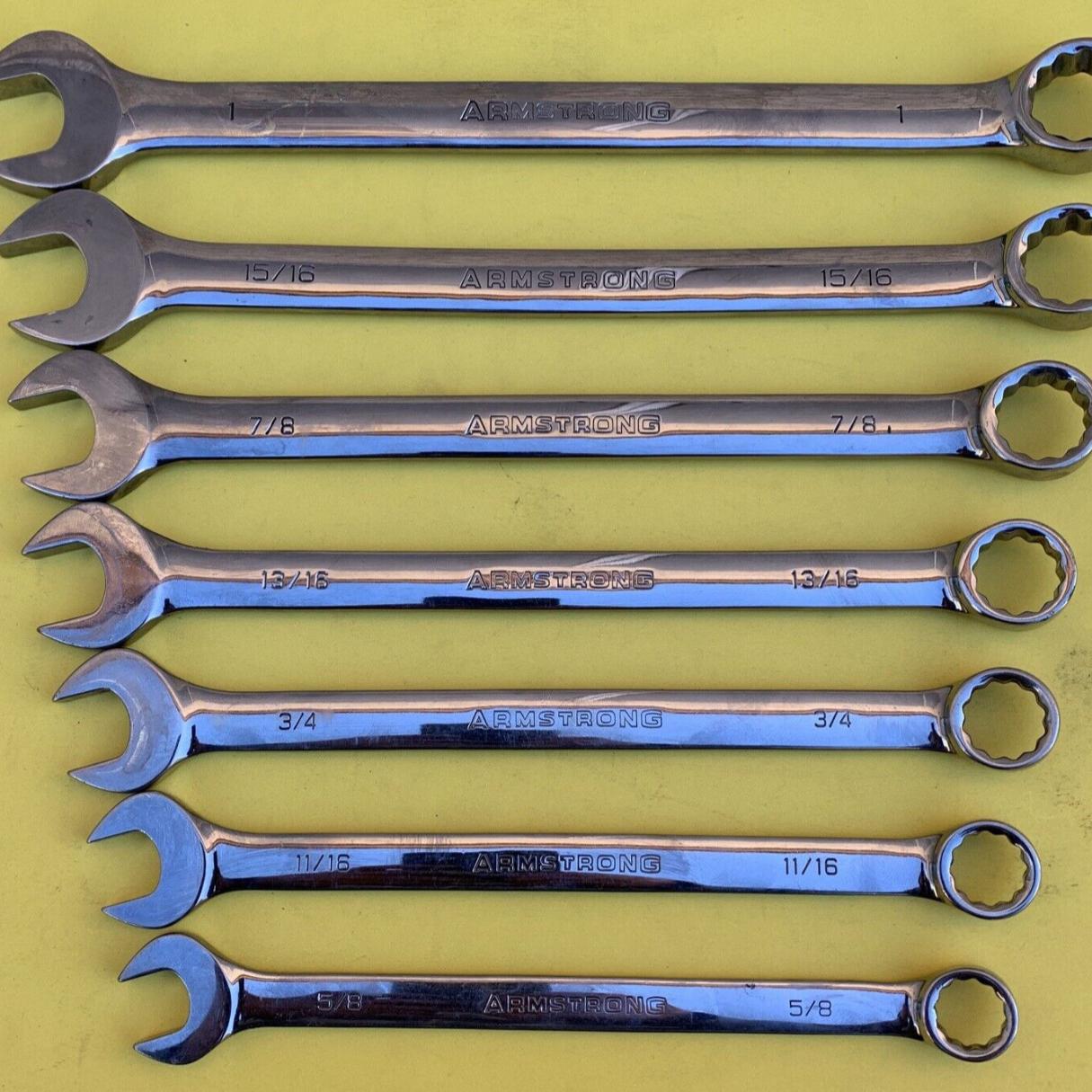
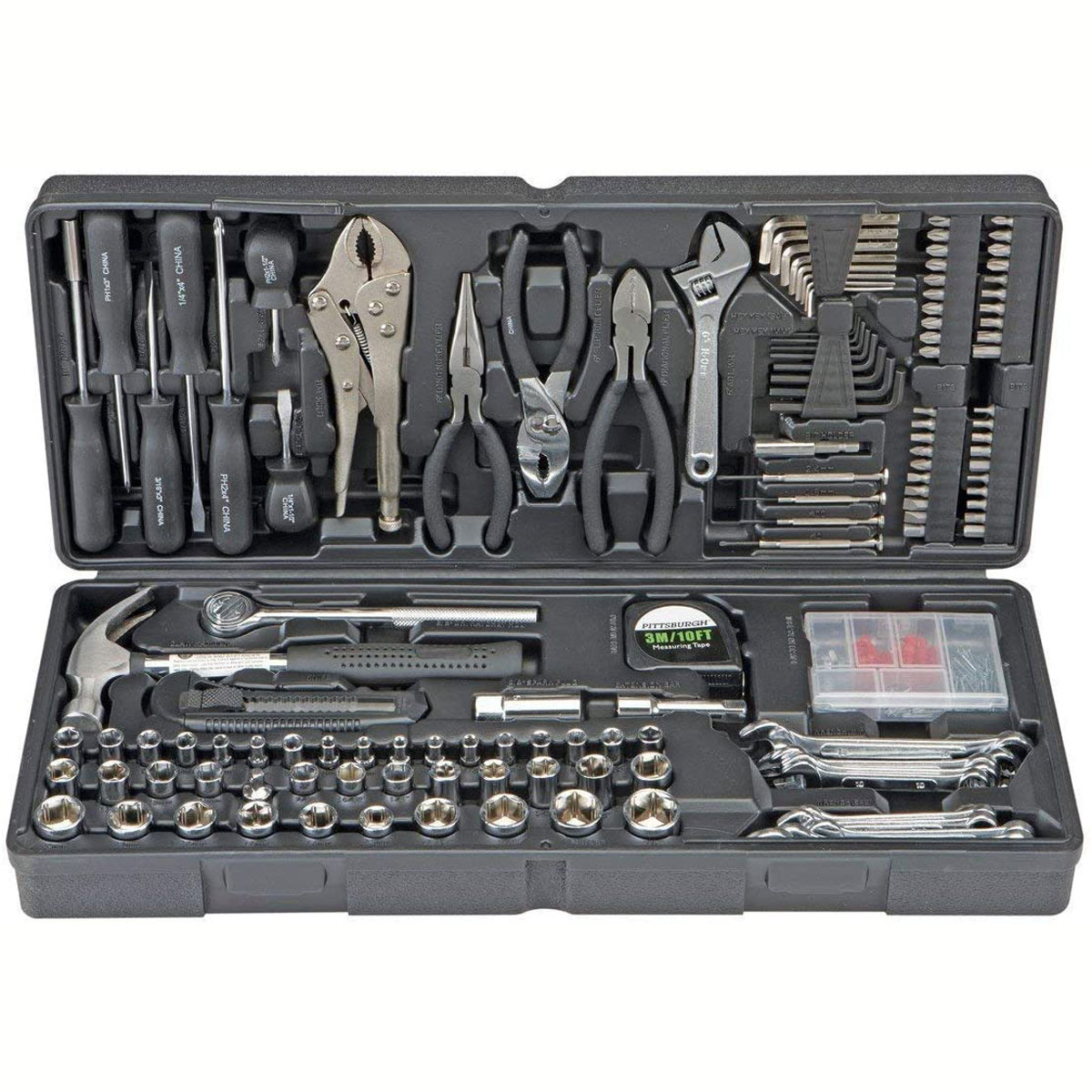
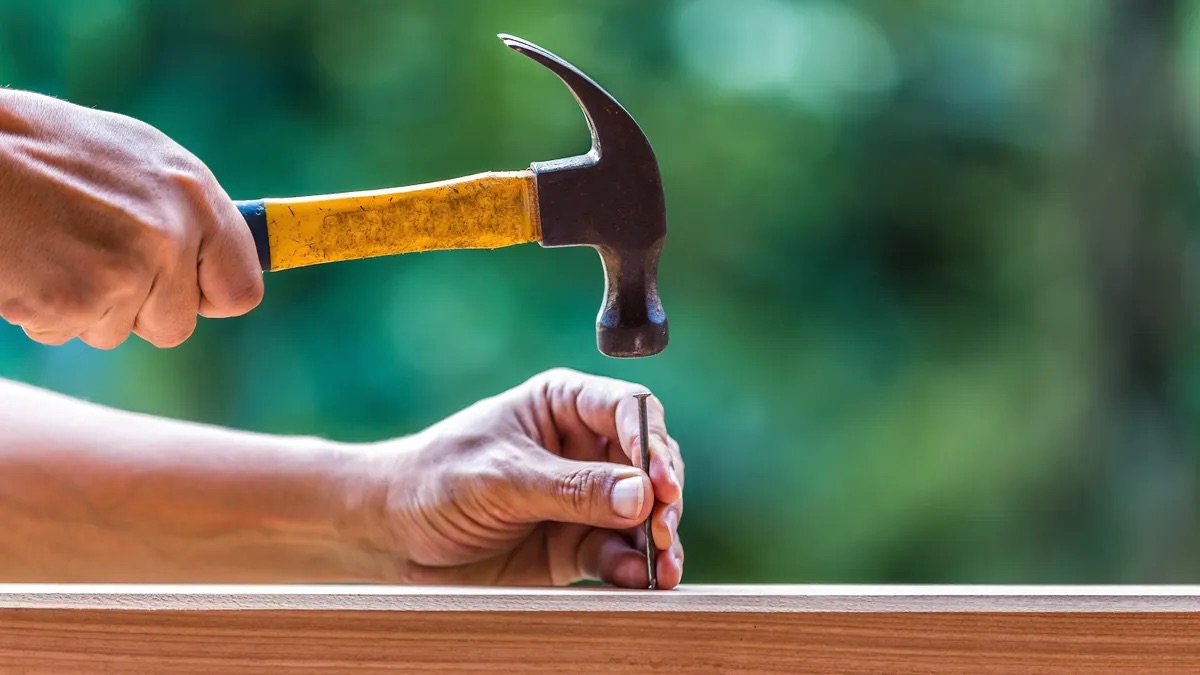
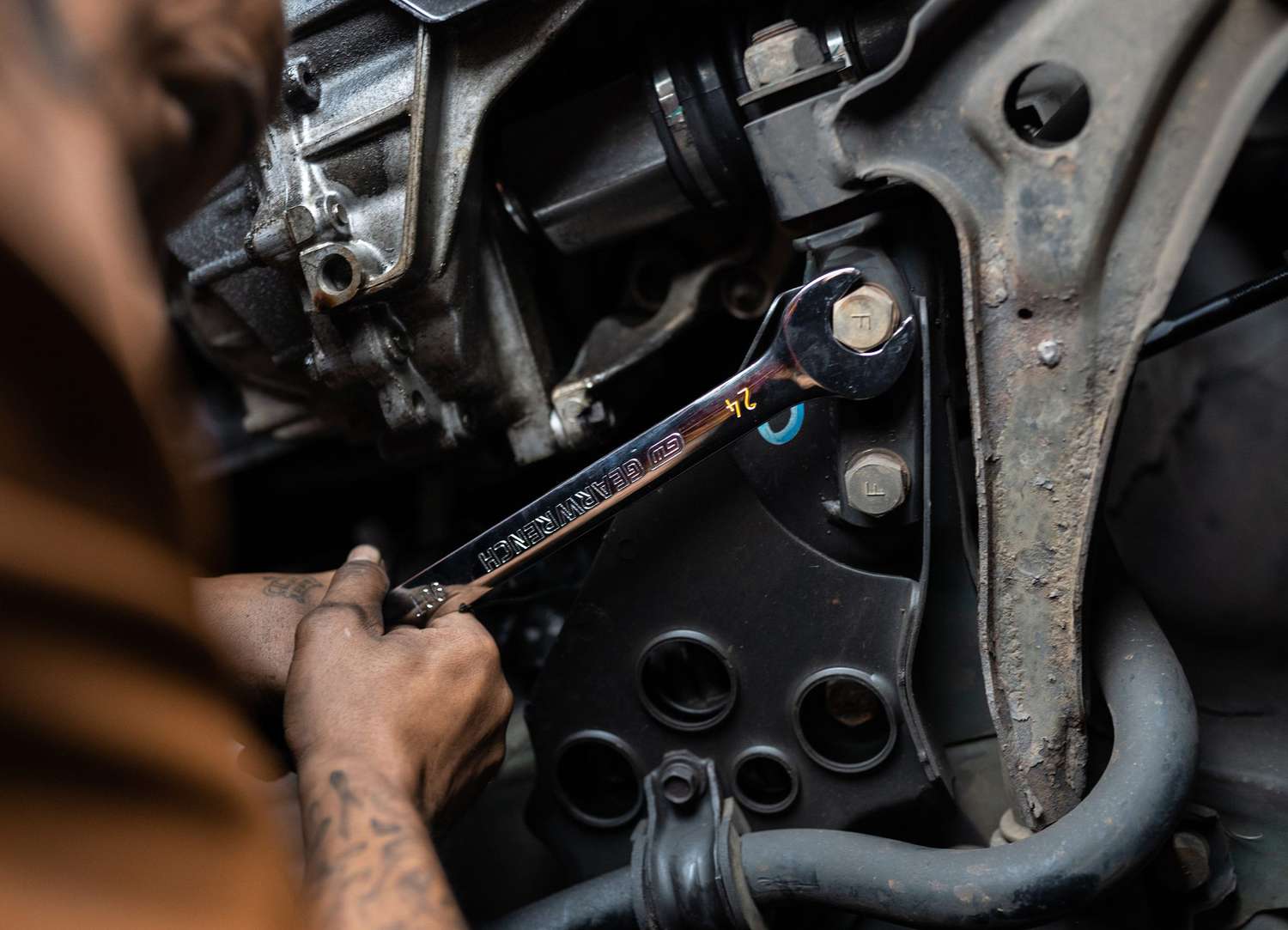
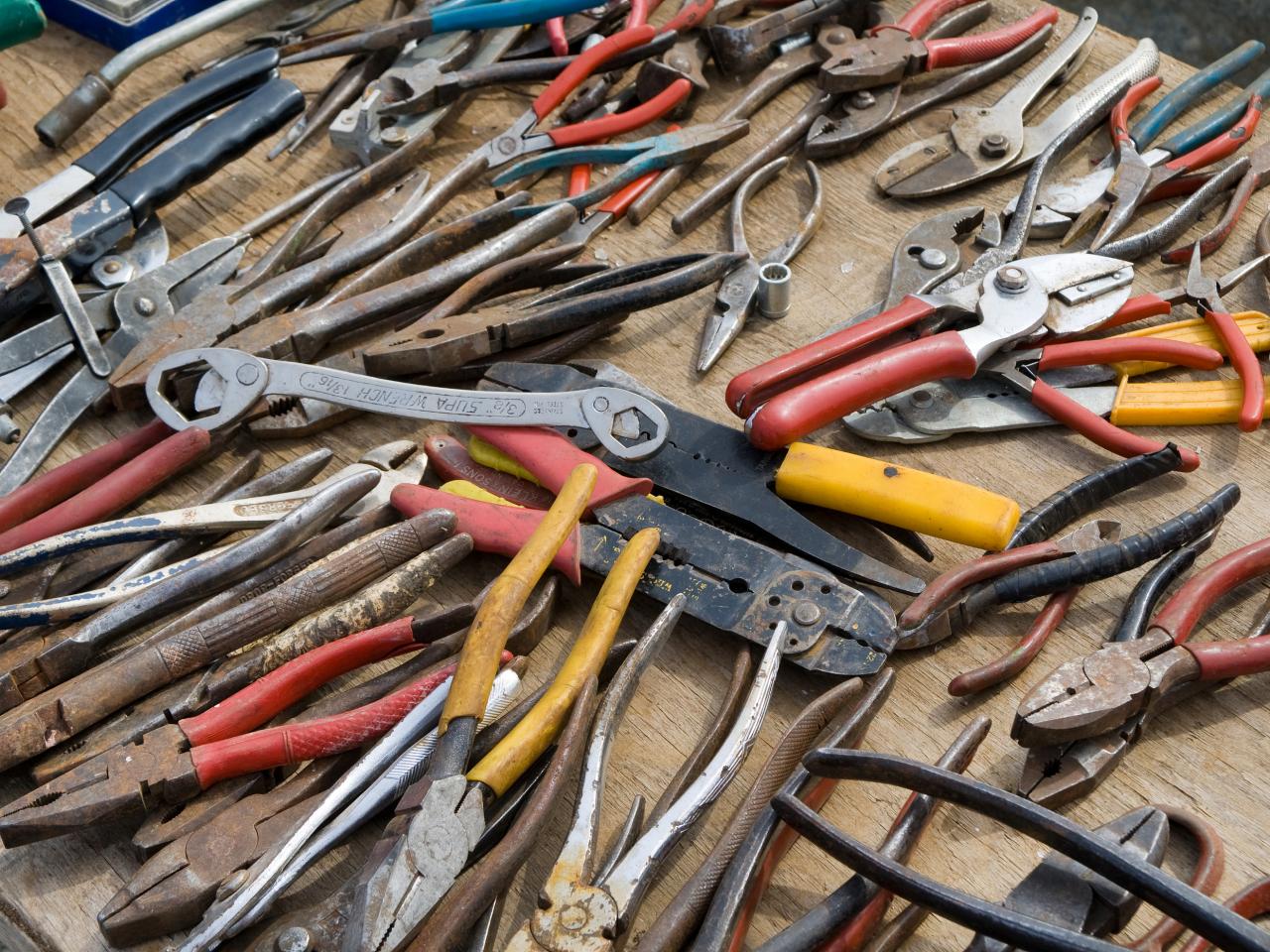
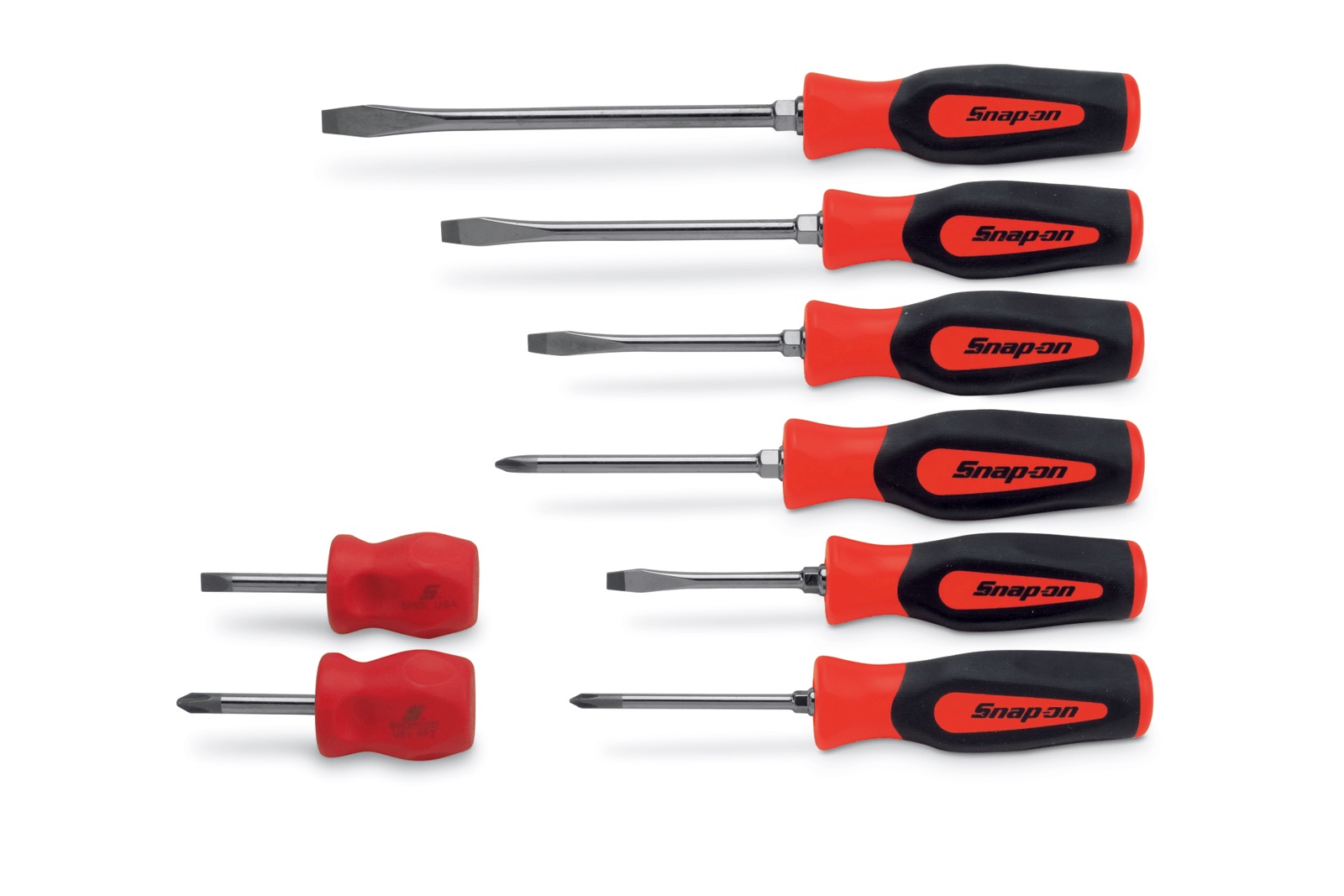
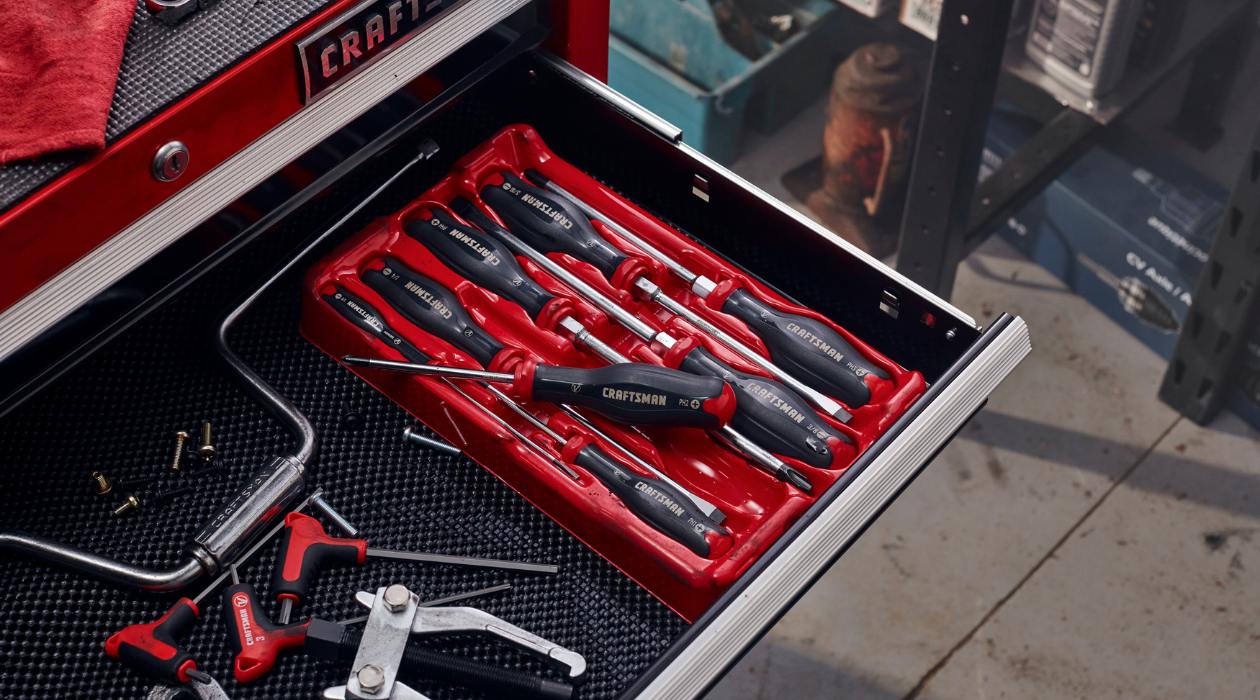
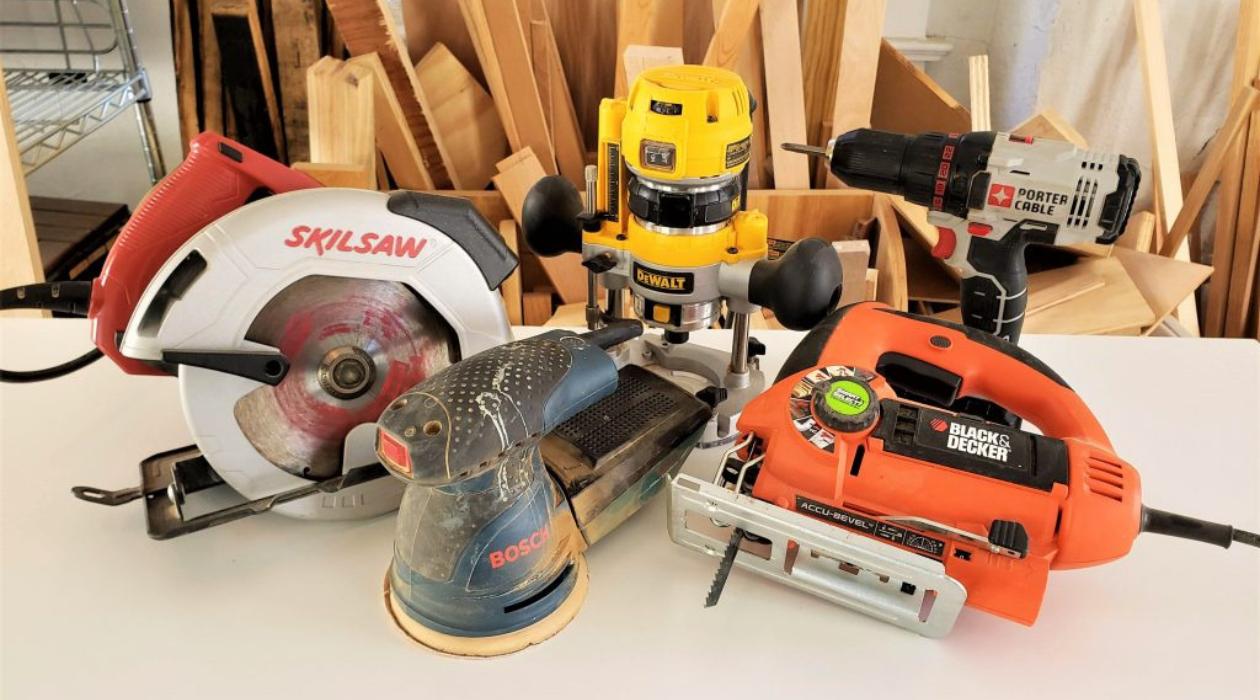
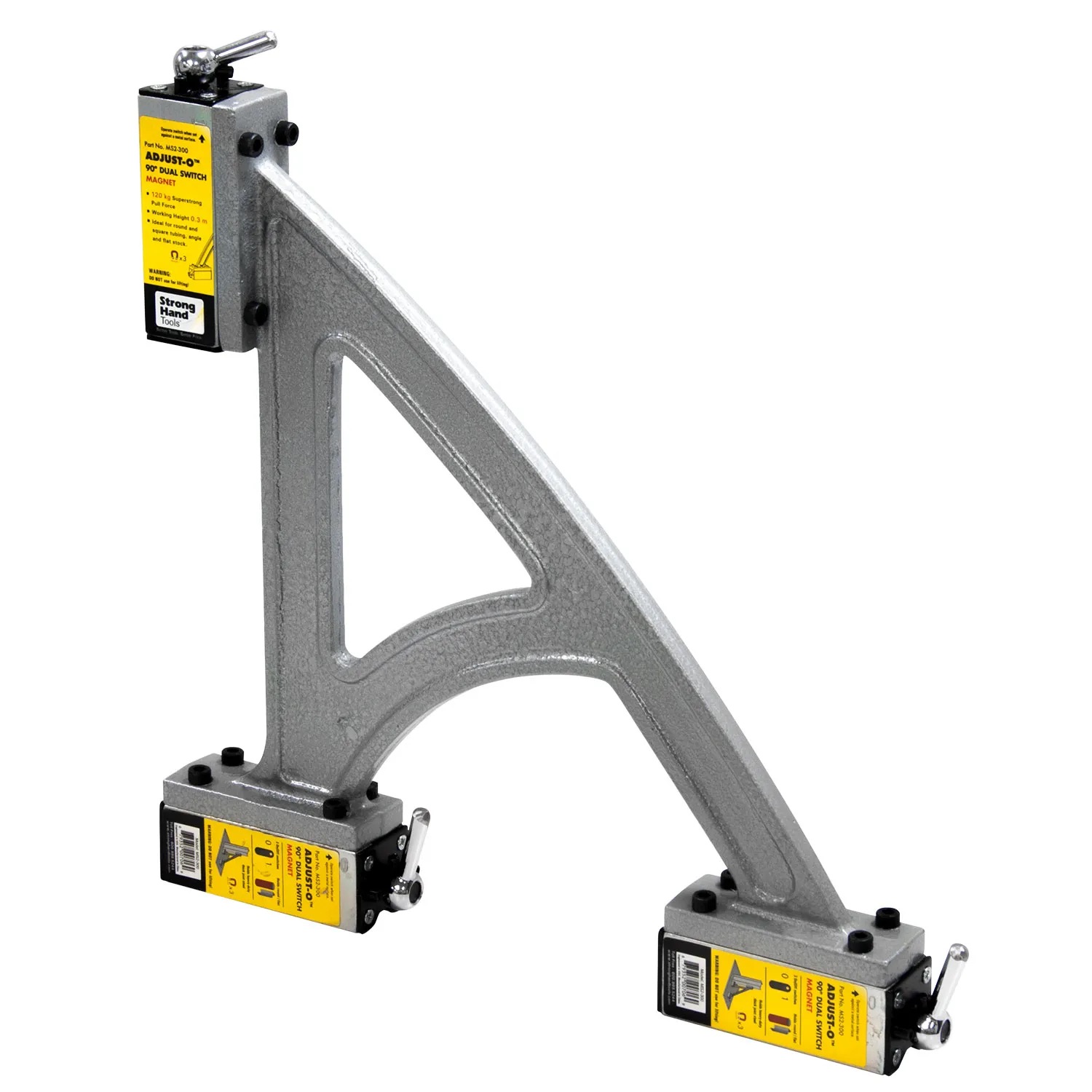
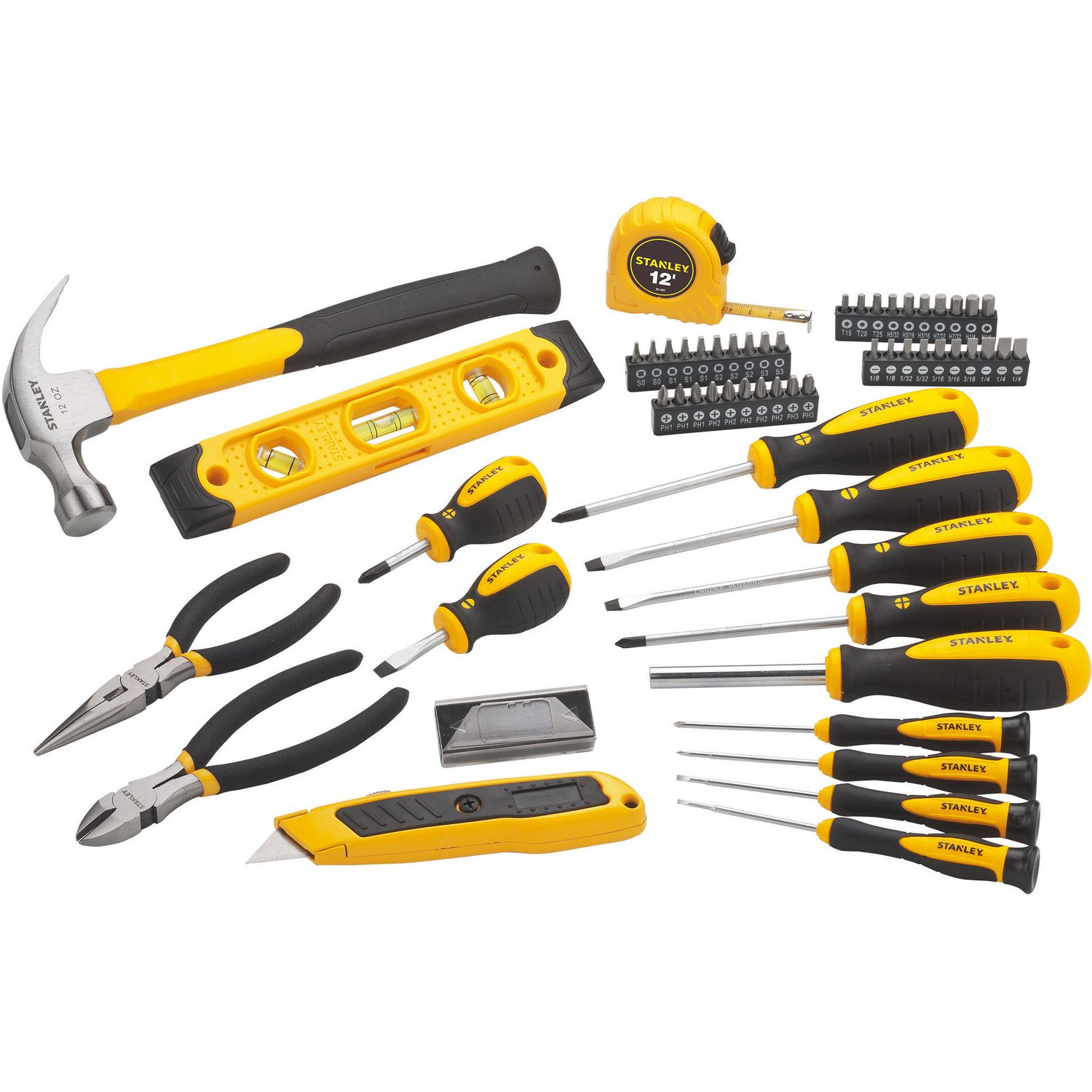
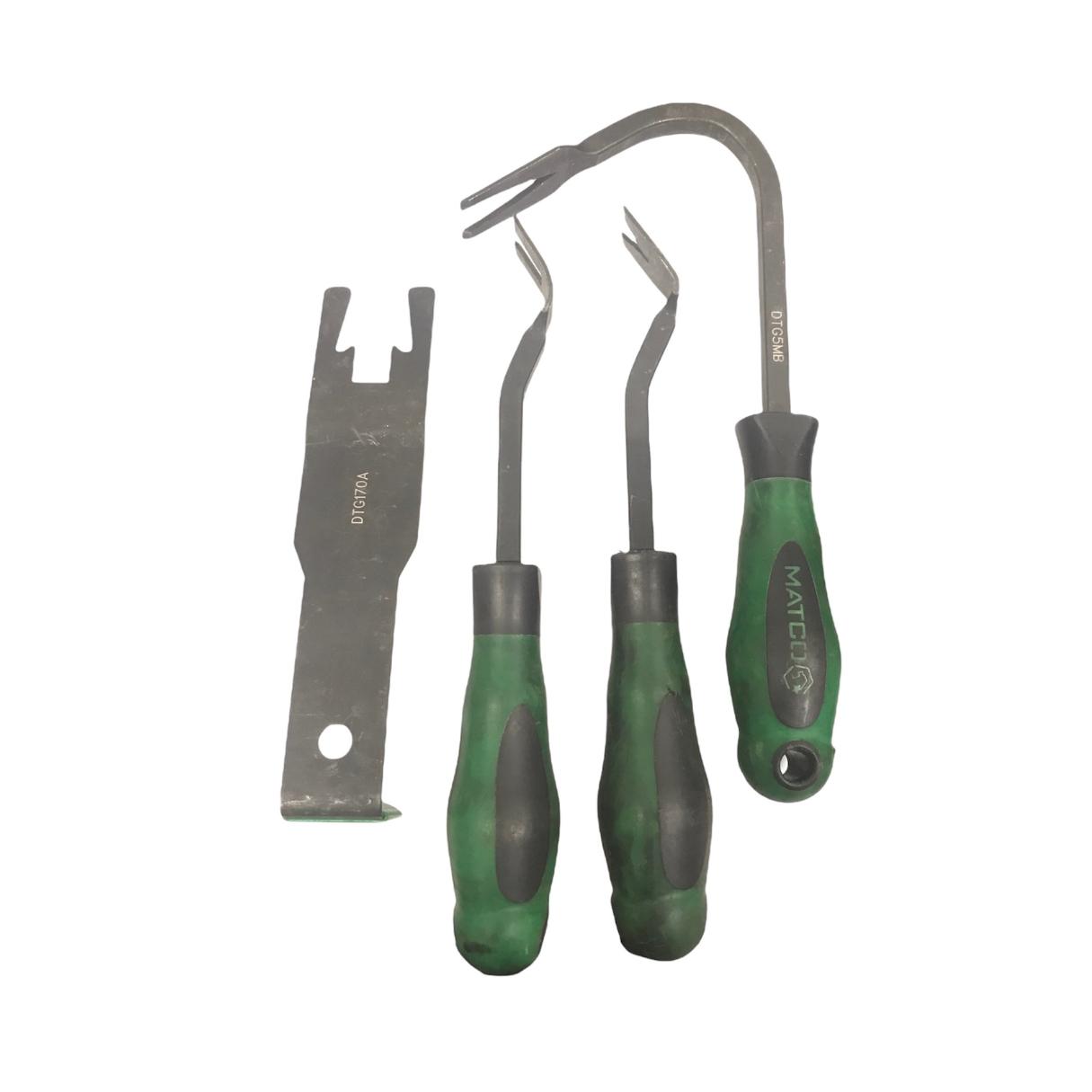
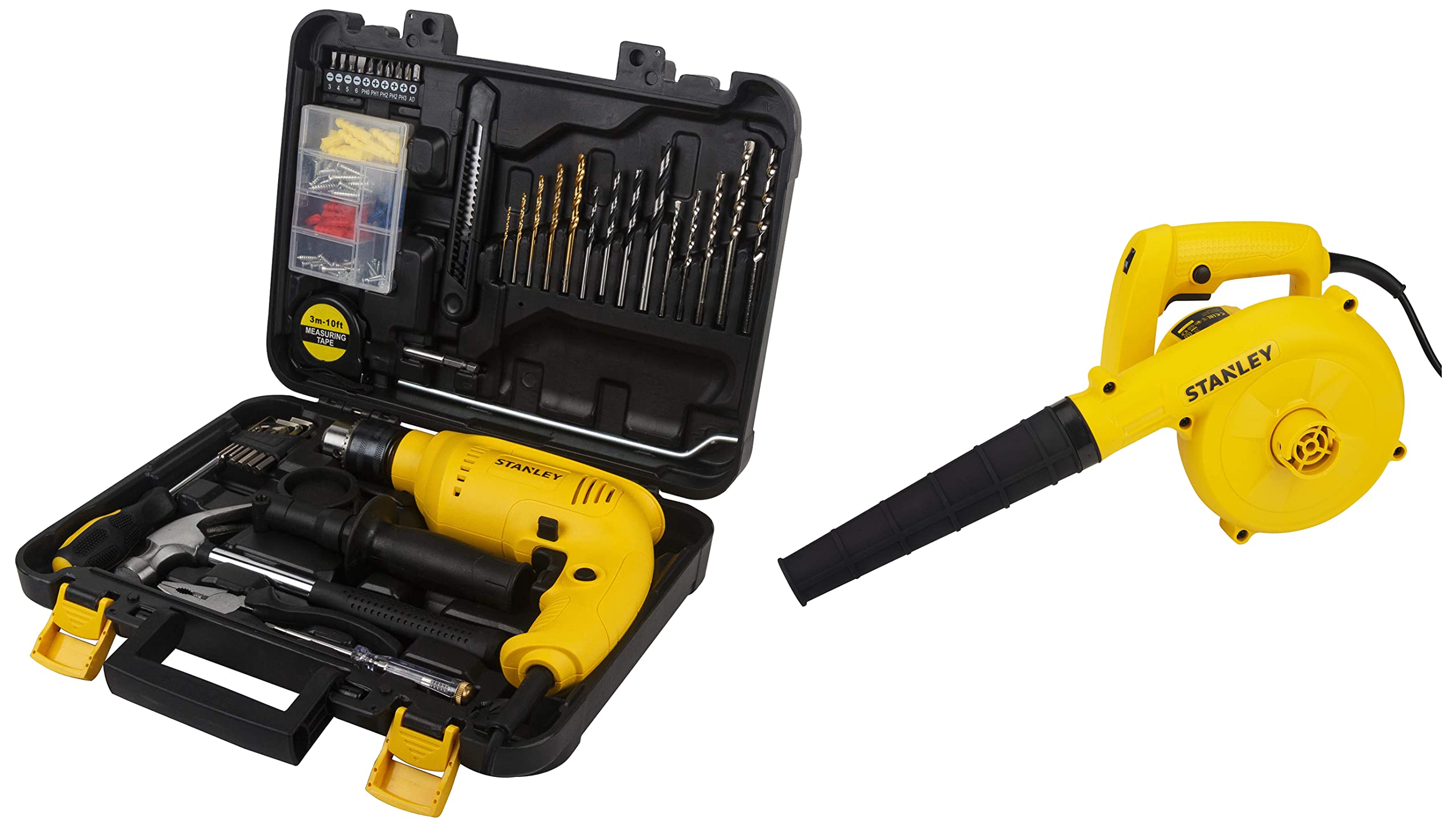
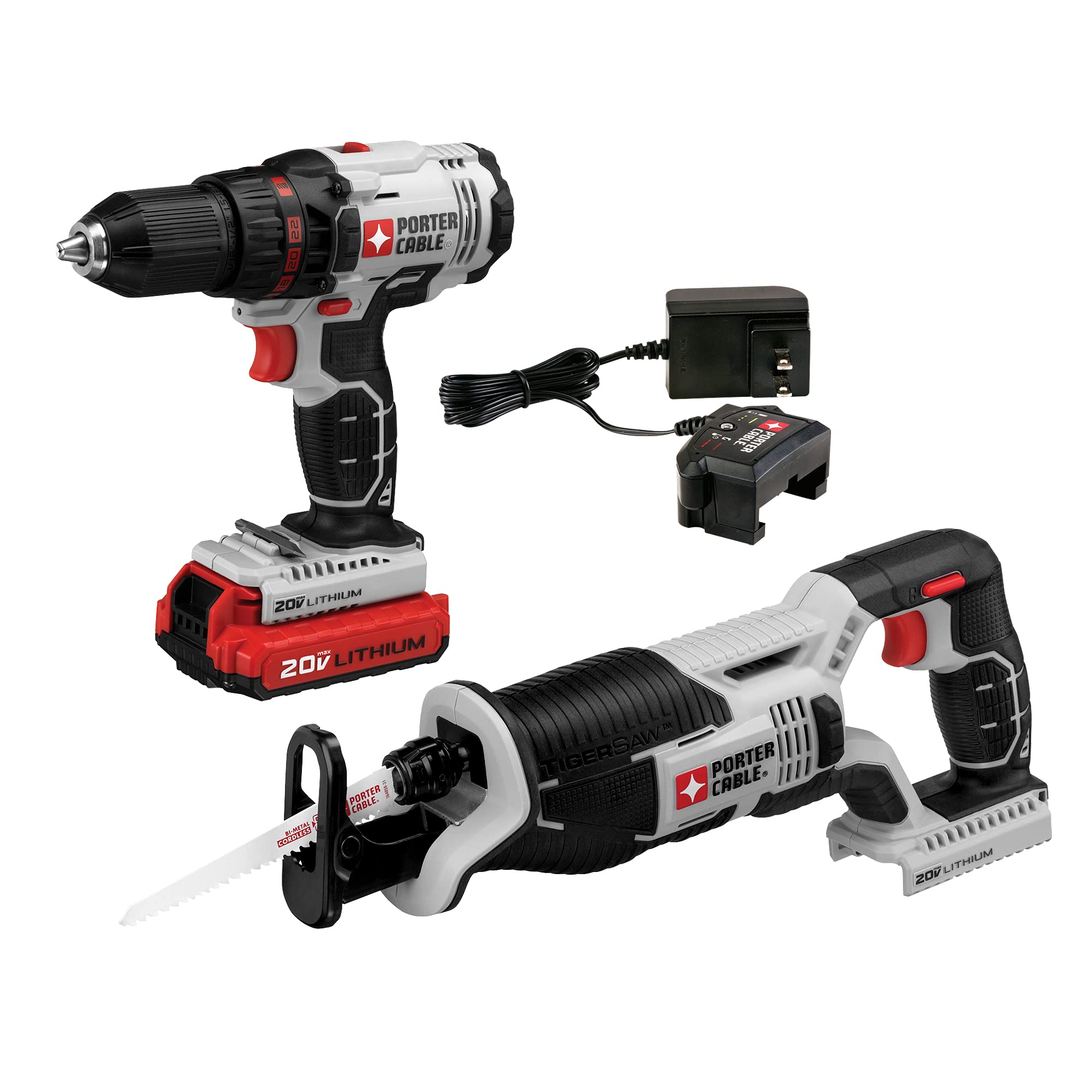

0 thoughts on “Where To.Get Rid Of Unwanted Hand Tools”